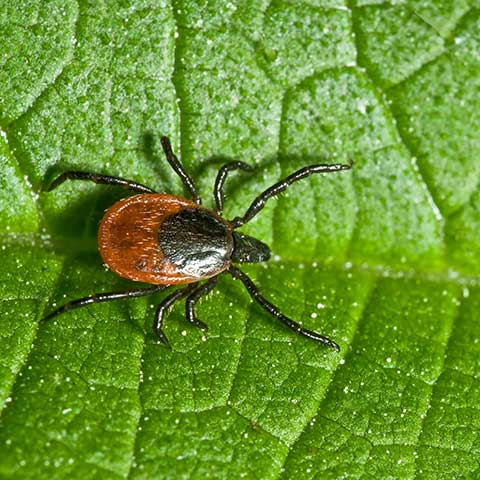IDEXX Reference Laboratories
DISCOVER MORE

Parasite screening
Innovative tests to screen for common diseases
IDEXX Reference Laboratories offers innovative tests to screen for common diseases, like heartworm, tick-borne disease and intestinal parasites.
Featured tests
Intestinal parasite faecal antigen ELISAs
Faecal antigens are secreted from adult worms and are not present in their eggs. IDEXX faecal antigen ELISAs detect parasites in their prepatent stages, overcoming the challenges of intermittent egg laying and reducing the frequency of environmental contamination with potentially infectious eggs.
- Detect adult infections prior to when eggs may be detected in faecal ova and parasites testing.
- Reduce false negatives as a result of intermittent egg laying by the parasite.
- Find infections up to 30 days earlier and find more infections compared to faecal ova and parasites testing alone.1
Lab 4Dx Plus Test
The Lab 4Dx Plus Test is the standard in diagnosing heartworm and tick-borne disease. This ELISA detects heartworm antigen, Ehrlichia canis, Ehrlichia ewingii, Ehrlichia chaffeensis, Anaplasma phagocytophilum, Anaplasma platys and Lyme antibodies in a single blood specimen.
Lyme Quant C6 Test
The Lyme Quant C6 Test, exclusively from IDEXX Reference Laboratories, measures the level of C6antibodies in your patient’s blood. As part of a two-tiered approach, this test helps you diagnose, quantify, manage and monitor Lyme-infected dogs. Quickly identify Lyme infection in canine patients and monitor your treatment choices using valuable, measurable information.
Expert consultations
Your team of experts is just a call away, with pathologists always available for consultation.
Support
0203 7887 508
Forms & other resources
Access IDEXX Reference Laboratories specimen guidelines, forms, articles , and more.
Test Menu
Browse the Test Menu to see a comprehensive list of offerings from IDEXX Reference Laboratories.
Reference
- Elsemore DA, Geng J, Flynn L, et al. Enzyme-linked immunosorbent assay for coproantigen detection of Trichuris vulpis in dogs. J Vet Diagn Invest. 2014; 26(3):404-411.


